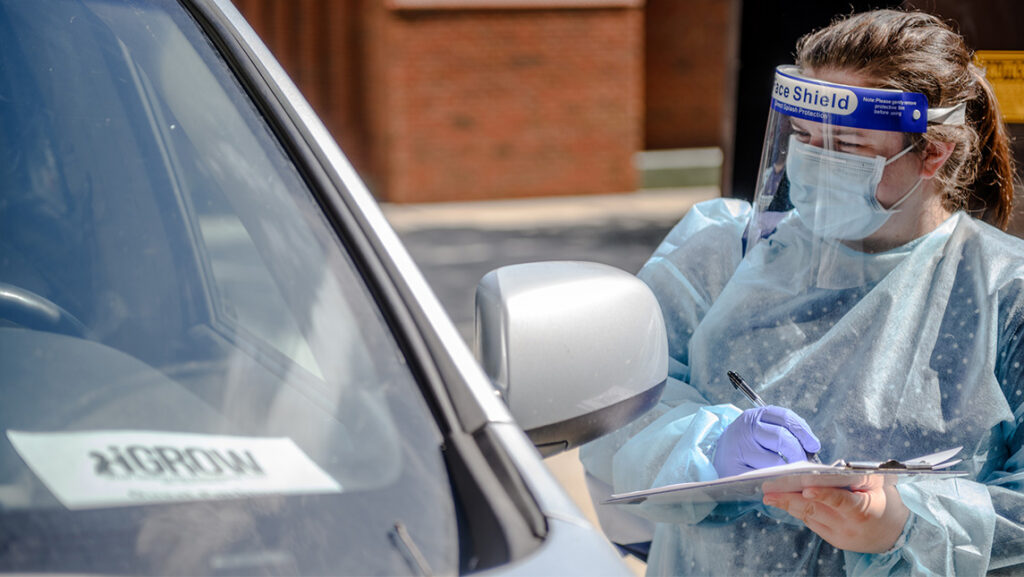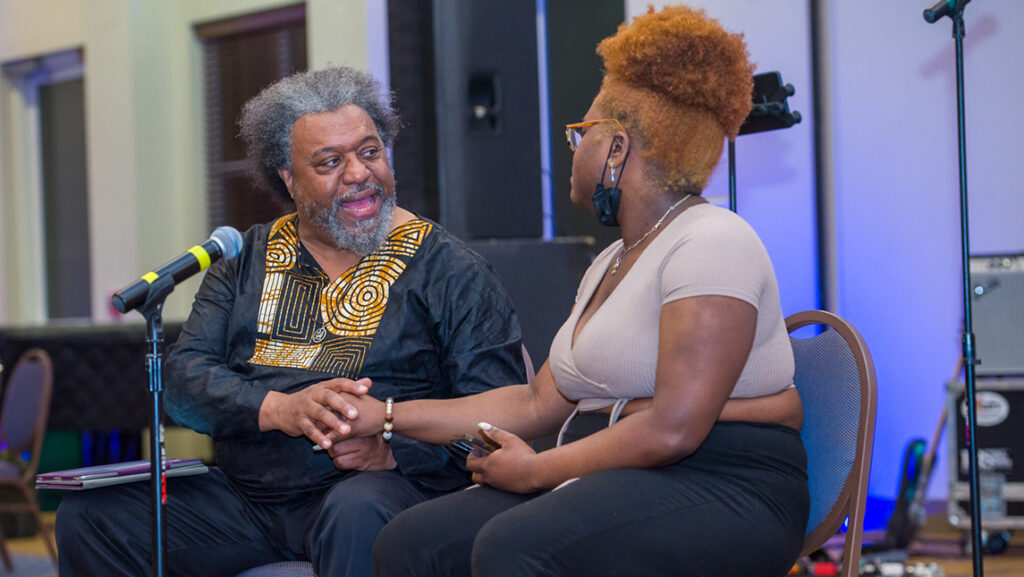In the Fall 2020 semester, UNCG participated in the “#RealCollege2021: Basic Needs Insecurity During the Ongoing Pandemic” survey. The survey, administered through the Hope4College organization, is an annual survey concerning food and housing security that was adapted for 2021 to learn more about the impact of the COVID-19 pandemic on students. 1,041 UNCG students completed the survey, representing a response rate of 5.3%.
The survey respondents indicated a high level of basic needs security (53%), which was on par with the national average. Of those respondents, 58% experienced a high level of food insecurity. The three most frequent needs were:
- 28% who experienced food insecurity in the prior 30 days
- 43% who experienced housing insecurity in the previous year
- 15% who experienced homelessness in the previous year
UNCG students were less likely than the national average to report that they lost either their part-time (38% vs. 42%) or full-time (21% vs 31%) jobs. The number of job losses is still significant though, considering the basic needs insecurity experienced.
In terms of using available emergency aid, 13% of students who experienced basic needs insecurity used emergency aid. 27% of respondents had not heard of emergency aid programs on campus. 55% of respondents experienced basic needs insecurity, but did not apply for campus support because they did not know how. Of students experiencing basic needs insecurity, 38% received some form of public assistance. The top reported uses for emergency aid were to:
- Reduce stress (80%)
- Afford educational materials for classes (66%), and/or
- Stay enrolled in college (64%)
The three most likely groups to experience basic needs insecurity among our students were LGBTQ+ (~65%), Black/African American (~65%), and Native Americans (~72%).
If you are a student and experiencing distress or need assistance, the University is here to help:
Dean of Students Office: sa.uncg.edu/dean
Counseling Center: https://shs.uncg.edu/mental-health-well-being/counseling-psychological-services/
Spartan Open Pantry: sa.uncg.edu/sop
SAFE Fund Information and Application: sa.uncg.edu/safefund
Notes:
Students’ basic needs include access to nutritious and sufficient food; safe, secure, and adequate housing – to sleep, to study, to cook, and to shower; healthcare to promote sustained mental and physical well-being; affordable technology and transportation; resources for personal hygiene; and childcare and related needs
Food insecurity is the limited or uncertain availability of nutritionally adequate and safe food, or the ability to acquire such food in a socially acceptable manner. The most extreme form is often accompanied by physiological sensations of hunger. The 2020 #RealCollege Survey assessed food security using the U.S. Department of Agriculture’s (USDA) 18-item set of questions.


